Market Analysis
In-depth Analysis of Hydrosols Market Industry Landscape
The market dynamics of hydrosols showcase a flourishing industry driven by the increasing popularity of natural and holistic skincare and wellness practices. Also known as floral water or plant distillate, hydrosols are produced during the steam distillation process of essential oil extraction. The dynamics of the hydrosols market are influenced by a combination of factors, including the rising demand for natural and sustainable beauty products, the expanding aromatherapy market, and the consumer shift towards clean and plant-based ingredients. One of the primary drivers shaping the market dynamics of hydrosols is the growing demand for natural and sustainable skincare products. As consumers become more conscious of the ingredients in their personal care routines, there is a discernible shift towards products that are plant-derived, environmentally friendly, and free from synthetic additives. Hydrosols, being the byproduct of essential oil distillation, offer a natural and gentle alternative to traditional toners and skincare formulations. This aligns with the increasing preference for clean beauty, driving the popularity of hydrosols in skincare routines. The expanding aromatherapy market is another significant factor influencing the dynamics of the hydrosols market. Aromatherapy, the use of aromatic compounds for therapeutic purposes, has gained widespread acceptance as a holistic approach to well-being. Hydrosols, with their subtle and aromatic qualities, are increasingly utilized in aromatherapy applications, including facial mists, room sprays, and as a component in holistic wellness practices. This diversification of use expands the market's reach beyond traditional skincare, contributing to the overall growth of the hydrosols market. Consumer preferences for clean and plant-based ingredients have spurred the adoption of hydrosols in various personal care and cosmetic products. Hydrosols are valued for their hydrating, soothing, and rejuvenating properties, making them suitable for a range of skincare applications. From facial toners and spritzers to natural perfumes and hair mists, the versatility of hydrosols positions them as a sought-after ingredient in formulations that resonate with the clean beauty movement. This consumer-driven demand for transparency and plant-based solutions significantly impacts the market dynamics of hydrosols. The market is also influenced by the increasing awareness of the unique properties associated with different hydrosols derived from various plant sources. Lavender hydrosol, known for its calming and skin-balancing qualities, contrasts with rose hydrosol, celebrated for its hydrating and anti-inflammatory benefits. As consumers become more educated about the specific attributes of different hydrosols, there is a growing interest in incorporating them into personalized skincare routines, contributing to the nuanced dynamics of the market. Challenges within the hydrosols market include variations in quality, sourcing practices, and competition from synthetic alternatives. Maintaining consistent quality across different batches of hydrosols can be challenging due to factors such as climate conditions, soil quality, and cultivation practices. Additionally, the market faces competition from synthetic fragrances and toners, emphasizing the importance of educating consumers about the unique benefits of natural hydrosols.


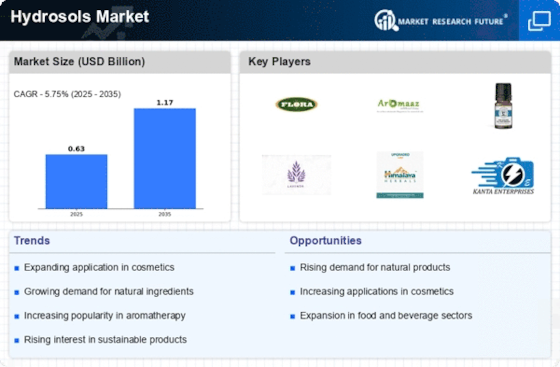
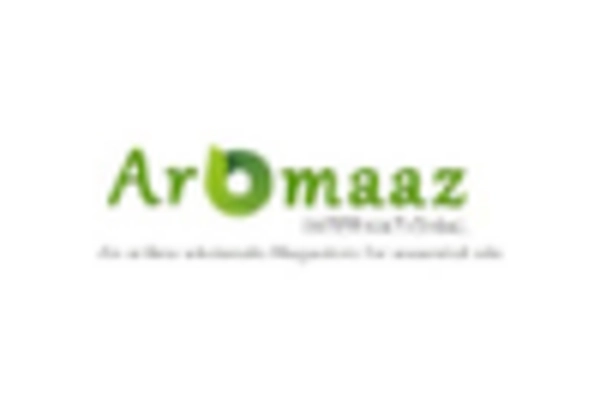
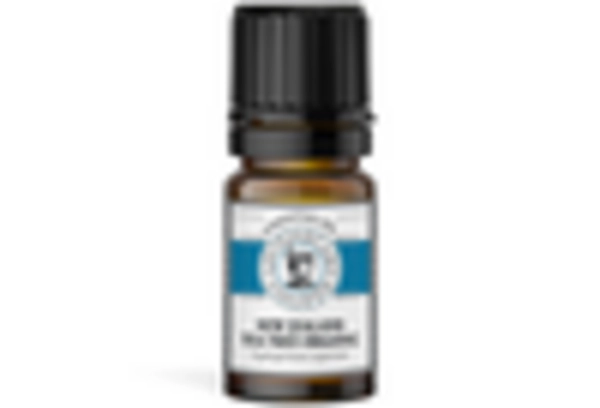
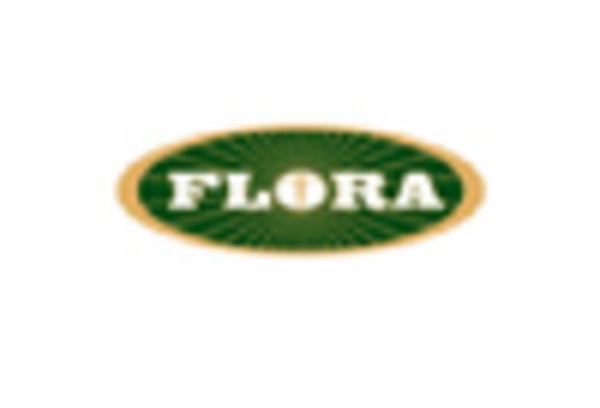
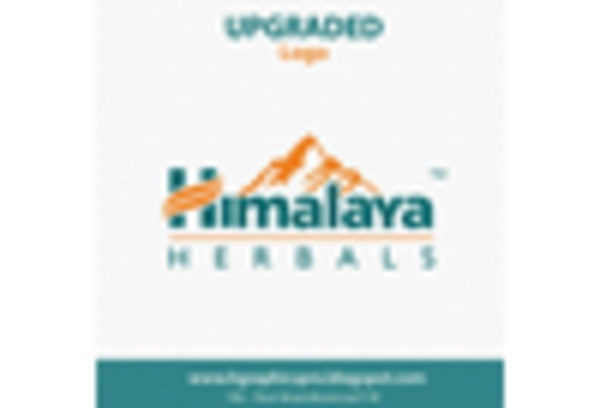

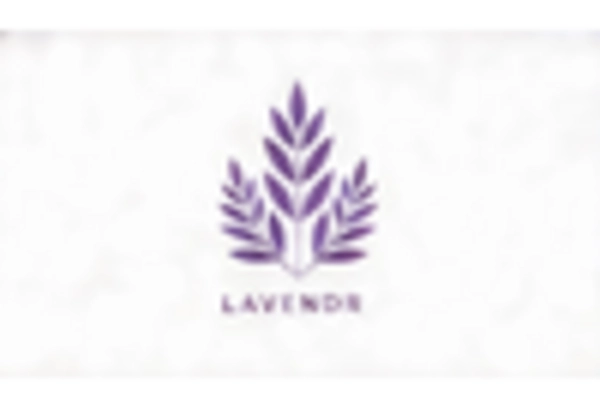









Leave a Comment